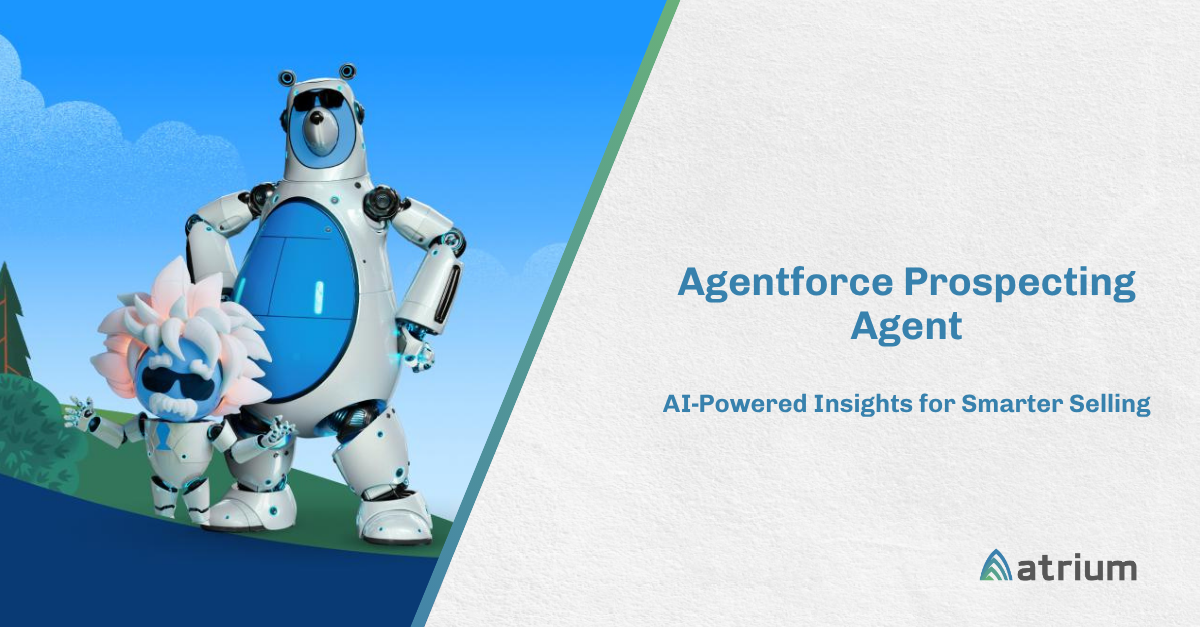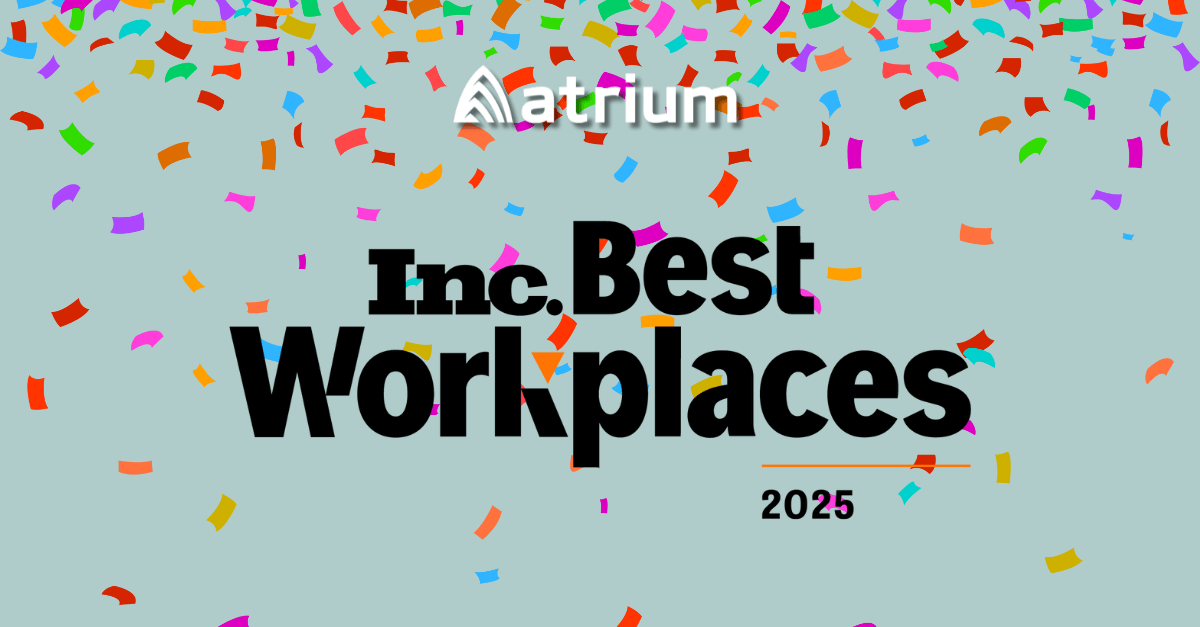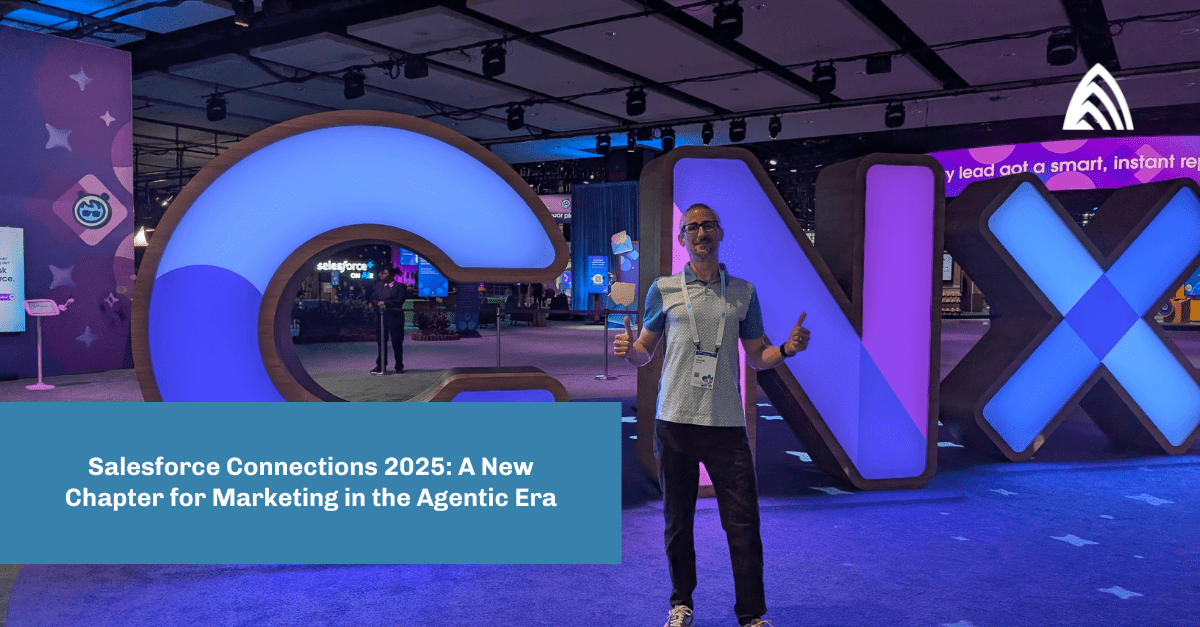Getting started with an effective customer retention strategy isn’t as easy as one would hope. As we tackle the concepts that make for an effective customer retention strategy, we revisit our data-driven approach and Atrium’s method of determining your readiness to adopt intelligent solutions in aiding customer retention.
Atrium uses a readiness assessment that can be leveraged by sales and strategy teams within your organization to assess the maturity of your company’s retention strategy. In order to effectively evaluate your organization’s current maturity level, we evaluate against six key principles:
- Customer Attrition Data
- Strategic Initiative
- Data Governance
- Existing Application
- Functional
- New Frontier
In this article, we will be focusing on how defining your organization’s strategic initiative and building a roadmap for your customer retention strategy can help your organization steer clear of avoidable mistakes.
When we look at strategic initiatives for customer retention, we are really focusing on how the organization prepares long term for adopting a viable and sustainable retention strategy. How are you defining a strategic initiative that has clear measurements for success, and also allows for growth and maturity?
Atrium’s readiness approach takes a deep dive into your organization’s current state by analyzing personas, KPIs, analytics tools, data architecture, and current state architecture. We provide a thoroughly thought out roadmap on how we can guide you through the crawl, walk, and run stage of the product life cycle.
3 Key Metrics Associated with Your Strategic Initiative
Atrium’s approach to helping your organization create a strategic initiative for customer retention focuses on three key metrics: Strategy Definition, KPI Definition, and Self-Enabled vs. Turnkey Support.
Strategy Definition
With Strategy Definition, Atrium wants to help guide your organization to understand what your existing strategic initiatives are. How can we take a growing concept and align it with strategies that you may already have in place? Not only are we aligning with existing initiatives, but Atrium wants to educate your organization on how to define guiding principles and metrics for success through stakeholder alignment. What are your desired outcomes and behaviors that you wish to instill into the organization?
KPI Definition
For KPI Definition, we take a deeper dive into what metrics define success from the executive level, all the way down to a particular persona. Engaging through discovery sessions and current state analysis allows our team to not only understand what makes your business tick, but also allows us to understand vital process optimization points and improvements to provide the largest value return for your initiative.
Self-Enabled vs Turnkey Support
Finally, for Self-Enabled vs. Turnkey Support, Atrium guides your dedicated team throughout the foundational implementation to educate on how to self-support long term maintenance for given technologies. Atrium’s Elevate program is put in place to support organizations as they take on new technologies, and provide staff augmentation to help throughout the product lifecycle.
Case Study: Driving Customer ROI and Retention with Tableau CRM
Let’s take a look at an Atrium success story that focuses on defining strategy around Tableau CRM. ISI develops, manufactures, and markets the da Vinci Surgical System, which is designed to improve clinical outcomes of patients through minimally invasive surgery. However, hospitals and IDNs are often challenged with understanding how investments in robotics can influence hospital growth and revenue goals. ISI needed to improve their client satisfaction with hospitals and networks of hospitals (i.e., Integrated Delivery Networks) — particularly surgeons and hospital executives. In order to see higher CSAT scores, they needed to be able to prove value following a sale. Historically, there had been an impression that after installation, hospitals were largely on their own to extract value. Business Alignment Meeting (BAM) conversations with ISI generally led to the conclusion that the hospital should buy more robots or train more surgeons.
In order to drive customer ROI for ISI, Atrium made information central, accessible, and actionable with Tableau CRM (formerly Einstein Analytics) and Salesforce Sales Cloud. To date, 38 customer-facing, brand compliant dashboards are populated with data captured in Salesforce, ISI EDW, and third parties. We consolidated information into Tableau CRM, allowing reps to perform custom what-if analysis inside of Salesforce and see real-time results by updating metrics before meeting with hospital executives. Reps can also generate slides from within Salesforce of the dashboards they would like to use in their BAM meetings, resulting in redefining the BAM meeting to focus on customer outcomes and drive action plans on both sides. Essentially, the BAM will result in a tailored business case for the hospital based on outcomes and related measures.
Thanks to the advent of Tableau CRM, ISI has completely revamped the way they conduct business with their customers by directing conversations toward customer goals and tracking outcomes. Clinical sales teams can quickly and thoroughly prepare value statements for hospital/IDN CEO-level meetings — all specific to their market, competitive landscape, and business objectives.
We Can Do More to Help You Define Your Strategy
Atrium’s approach to strategic initiatives for customer retention strategies simplifies an otherwise complex and long-term process. By using our readiness assessment, we can help your organization determine how to define a strategic initiative for customer retention, understand your major KPIs, and put a plan in motion around growing product maturity.
Learn more about Atrium’s services and see how we can support your customer retention strategy.








